China Open Live Broadcast Incident! Noise Interrupts Yuan Yue’s Match, Fans Scramble for Towels and Roll on the Ground Sparking Heated Debate
Drama Strikes Again! Just last night, strange noise disrupted Yuan Yue’s match during the live broadcast, exposing management flaws of the China Open to a global audience. Additionally, a towel-snatching fight among spectators ignited intense discussions among tennis fans.
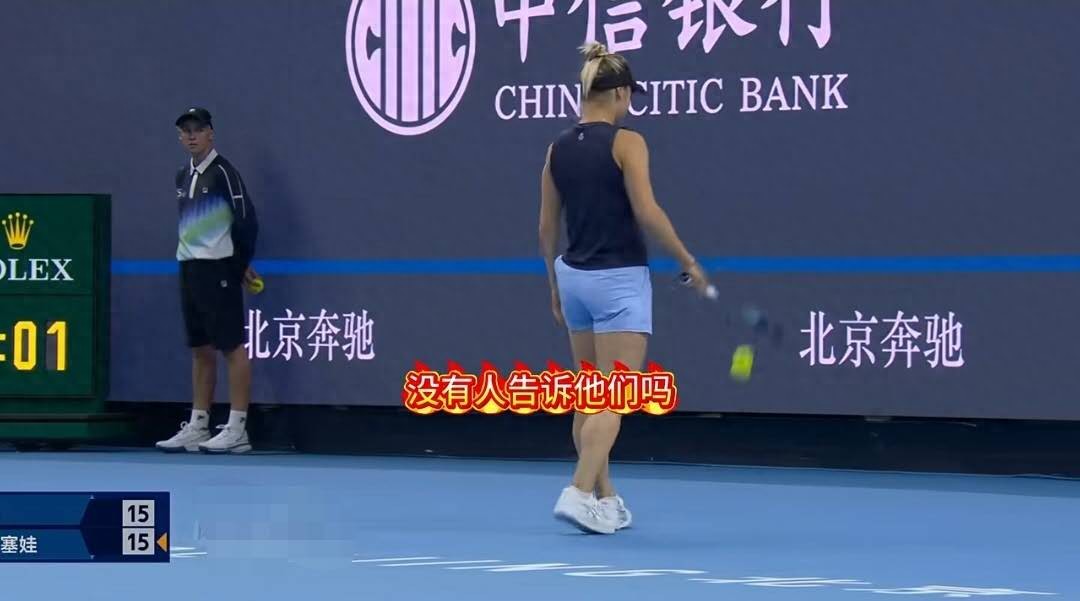
During the match between Chinese player Yuan Yue and Putintseva, the global broadcast signal from the Diamond Court was abruptly interrupted by a mysterious noise lasting almost a minute, leading to a stoppage in play. Afterwards, the chair umpire had to use the on-site microphone to call the production studio to mute their equipment. When the match resumed, Kazakhstan’s Putintseva’s serve was clearly disturbed, resulting in a crucial double fault.
It is worth noting that this was not a movie scene but a real event on the evening of September 25 at the China Open women’s singles court.
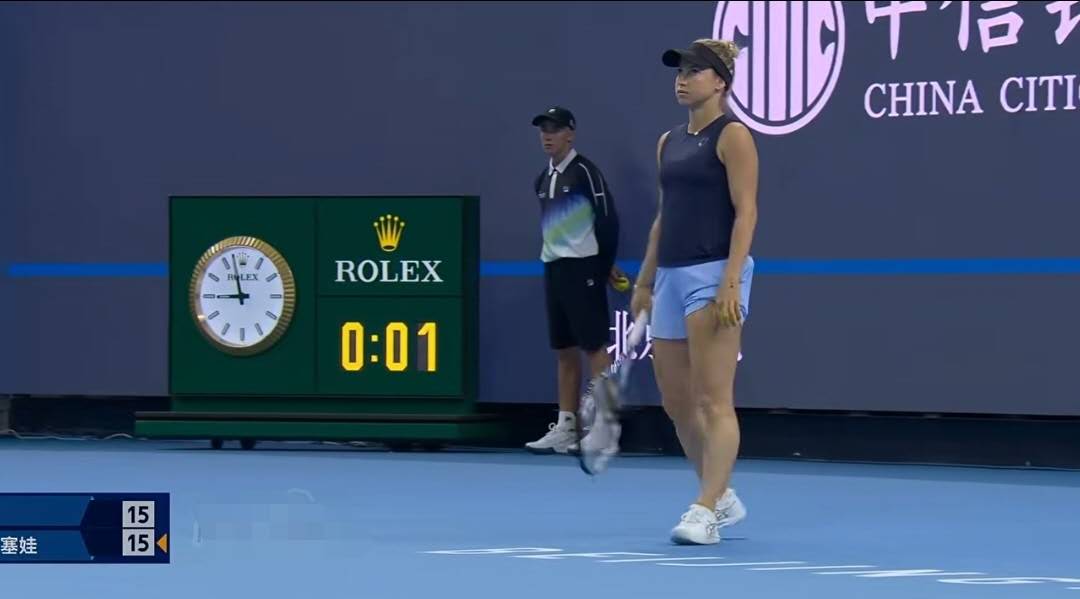
This unexpected incident was broadcast worldwide via the live signal. The footage showed that the noise originated from an area beyond the control of the umpire or players, suspected to be from the on-site production studio or control center. Tennis tournaments require spectators to remain silent during matches, especially when players are serving. However, when the interference comes from the event organizers themselves, both referees and players are left helpless.
So far, the China Open organizers have not issued a clear explanation, but many fans have expressed dissatisfaction, believing that serious management negligence exists which severely damages the tournament’s international reputation.
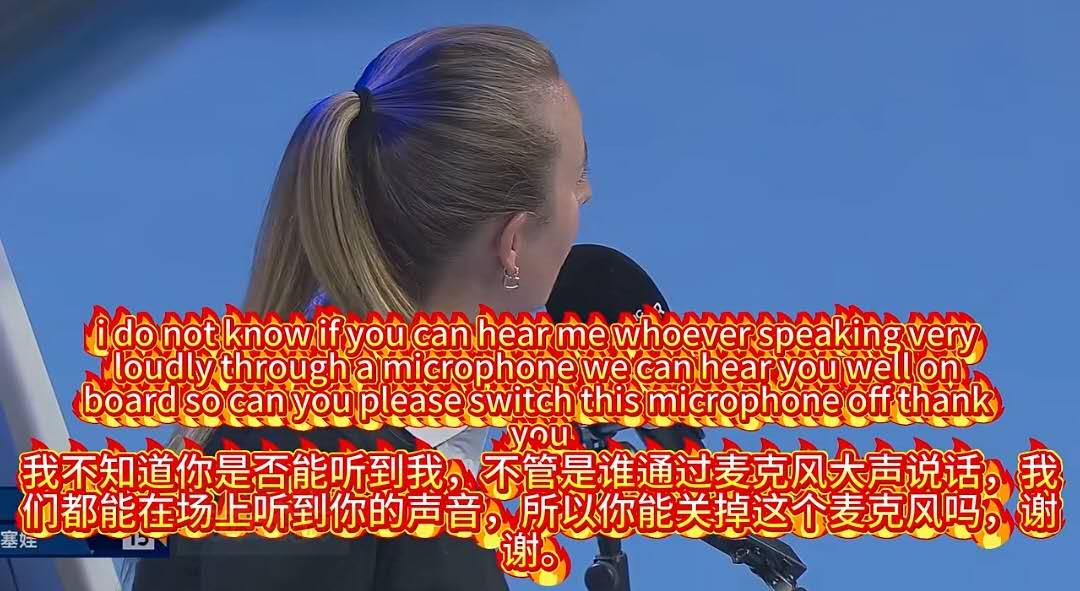
Chaos outside the court was equally shocking. According to reports from spectators on site, the classic “towel grabbing” scene at the China Open happened again, and this year the situation has worsened.
The “towel grabbing battle” is a usual occurrence at the China Open. Even before the match between Zhang Shuai and Wang Xinyu ended, many non-fan looking individuals had already stationed themselves near the players’ tunnel, ready to snatch towels used by players. Witnesses described two middle-aged male fans wrestling over a towel, struggling fiercely to the point of disheveled hair and rolling on the ground.
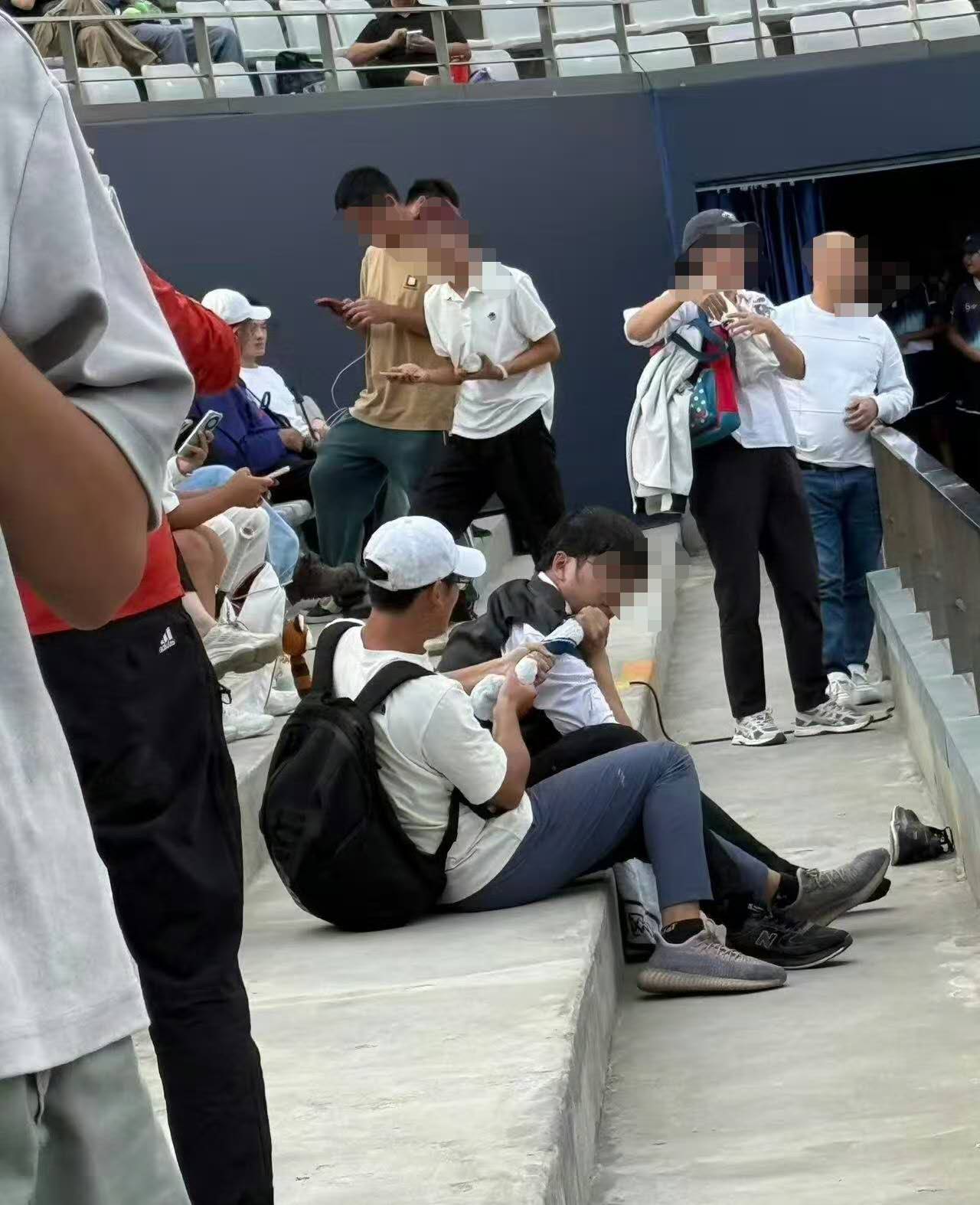
“These people don’t care about the match at all; they just wait for the game to end to rush the players for towels and then resell them,” a long-time China Open fan lamented. “True tennis enthusiasts are pushed to the back.”
It is worth mentioning that this is not the first time such an incident has occurred. Shortly after this year’s China Open began, a similar “towel grabbing battle” broke out between a Chinese middle-aged woman and a young man. The woman rolled on the ground but refused to let go of the towel, and the young man was helpless. Their dispute was captured by many netizens and went viral on social media.
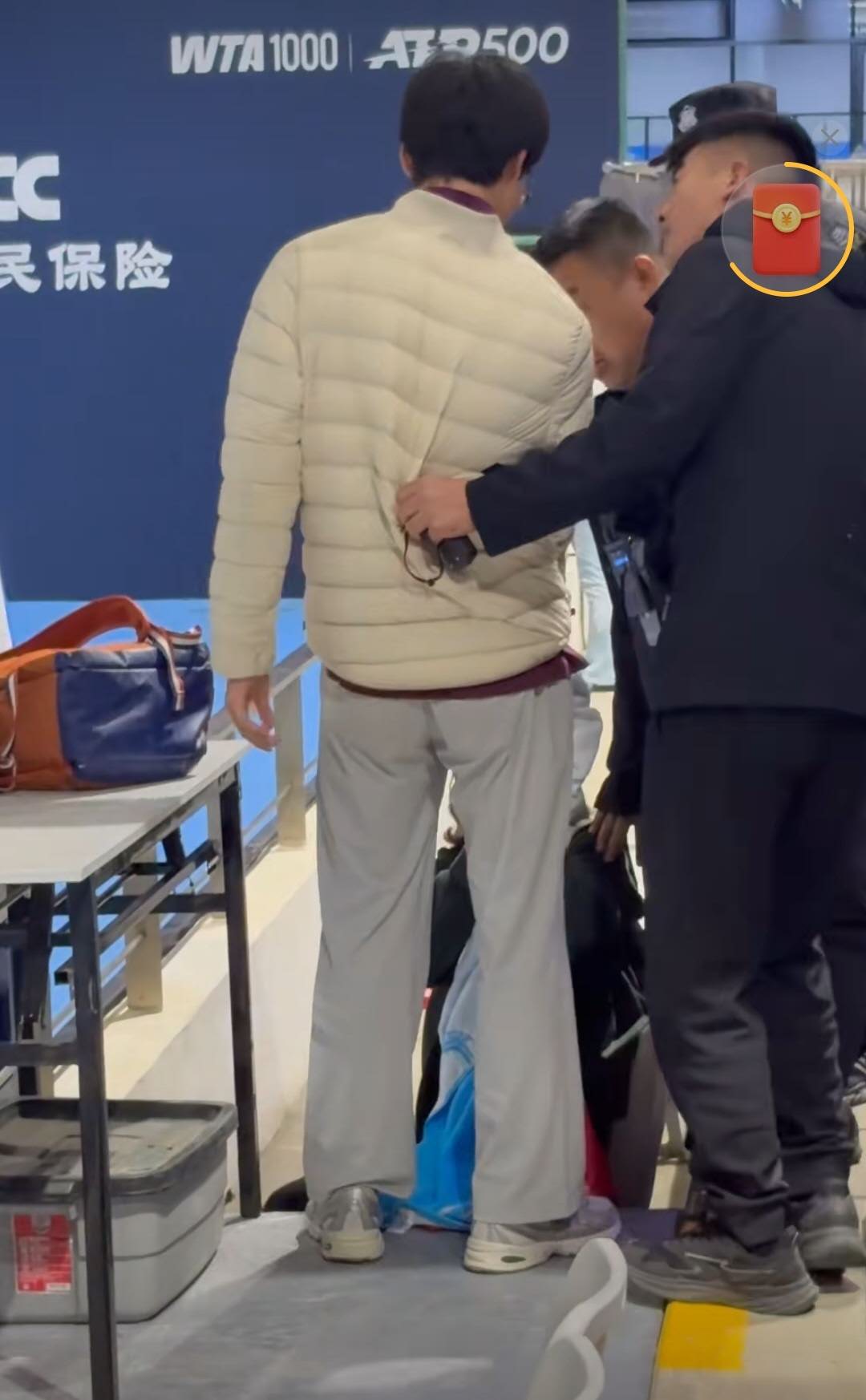
In fact, the China Open’s organizational and management issues have long been criticized by fans, but more fundamentally it reflects a problem with spectator culture. At the China Open, children screaming, phone ringtones, chatting, camera flashes, and people moving around frequently disrupt matches. There was even an awkward moment when a foreign umpire had to ask in Chinese, “Please sit down.” The chaos at the China Open partly reflects the challenges large sports events face during commercialization and popularization.
The organizers strive to expand their influence by using “second screen” experiences to reach a broader audience, but the influx of many “new viewers” lacking proper spectator etiquette clashes with traditional tennis viewing culture.
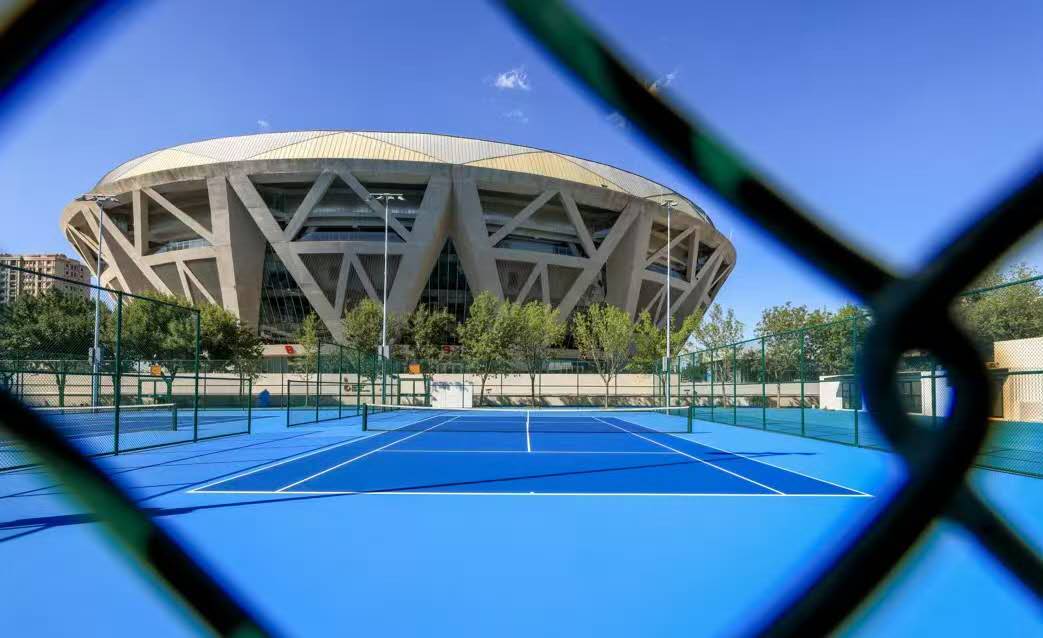
The phenomenon of sports “fan circles” is also a concern. Some individuals treat athletes as commercial symbols and profit by reselling related items, which deserves attention from the China Open organizers. As the tournament enters critical stages, the world watches to see if the organizing committee can effectively address these challenges.
The real test may lie not within the court but in how to balance the interests and demands of all parties, ensuring the event maintains professional standards while preserving spectator enthusiasm.(Source: Tennis Home, Author: Lu Xiaotian)







 Links
Links
 Contact
Contact
 App
App


